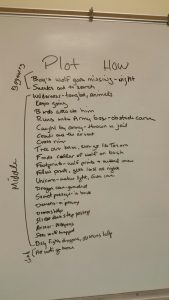 At the time of this post, I am teaching my second day of Build Your Own Story workshops at a local day camp. I will freely admit that I never wanted to be a teacher. I haven’t the temperament for it, nor the calling. While I have been told I am a good teacher, I find that true mostly in one-on-one situations. Put me in front of a group, and I get the jitters.
At the time of this post, I am teaching my second day of Build Your Own Story workshops at a local day camp. I will freely admit that I never wanted to be a teacher. I haven’t the temperament for it, nor the calling. While I have been told I am a good teacher, I find that true mostly in one-on-one situations. Put me in front of a group, and I get the jitters.
This is a reflection of my own weaknesses—I am an introvert, and I hate being the center of attention. Of course, as most teachers know, there are always some kids who are not paying attention to you, and that makes it worse. When I feel like I am not connecting with my audience, I wonder what I am doing wrong, how am I failing them?
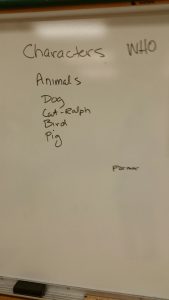 Perhaps I am not doing anything wrong, but simply have to find ways to engage the kids better. In my first teaching experience, I taught (separately), 1st/2nd graders, 3rd graders, and 4th graders (I have the 5th/6th graders today). The 1st-3rd grade classes were fun—the kids were eager, they had ideas, they wanted to be heard. And since I have a 6-year-old, I could relate easily to them.
Perhaps I am not doing anything wrong, but simply have to find ways to engage the kids better. In my first teaching experience, I taught (separately), 1st/2nd graders, 3rd graders, and 4th graders (I have the 5th/6th graders today). The 1st-3rd grade classes were fun—the kids were eager, they had ideas, they wanted to be heard. And since I have a 6-year-old, I could relate easily to them.
The 4th grade class was harder. About half the class actively participated, the rest sat and watched silently. At least they were polite and didn’t talk through the class. And a few of them sparked up a bit by the end. Truthfully, I think I panicked when they didn’t all seem eager and turned the class into more of a lecture than a participatory event, which may have caused them to further withdraw.
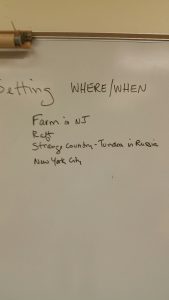 I am going to try something different with the 5th/6th grade today. A Jigsaw Story. Once we discuss the 5 basic story elements, I will break them up into 4 groups, and give each group a few minutes to come up with one of the first 4 elements—without knowing what the other groups are thinking. Then we will put what I hope will be 4 wildly incompatible and therefore funny elements on the board and strive to make a coherent Plot out of them. At least it will get them talking and being social and hopefully help loosen them up. We’ll see.
I am going to try something different with the 5th/6th grade today. A Jigsaw Story. Once we discuss the 5 basic story elements, I will break them up into 4 groups, and give each group a few minutes to come up with one of the first 4 elements—without knowing what the other groups are thinking. Then we will put what I hope will be 4 wildly incompatible and therefore funny elements on the board and strive to make a coherent Plot out of them. At least it will get them talking and being social and hopefully help loosen them up. We’ll see.
The experience so far has been a rewarding one. My most memorable moment came when I had finished with the 1st graders and one little boy started to cry. I asked why he was crying and his friend told me that he was sad because he had not gotten to write his own story about lions and tigers (today they get to write their own stories). So I got down on his level and asked him to tell me his story.
I had to ask a few leading questions, but in just minutes his hands were no longer covering his face and the tears had dried. His story spilled out of him (and it was a good story, too!), and his passion and eagerness wiped away the disappointment. To me, this was a pure lesson in the power of story. All this little boy wanted was to share his story. For his voice to be heard.
On the whole, my first experience teaching kids has been a good one. The kids have been creative and eager and I hope I can learn from them how to be a better teacher.
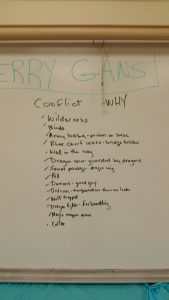
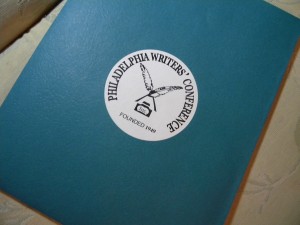
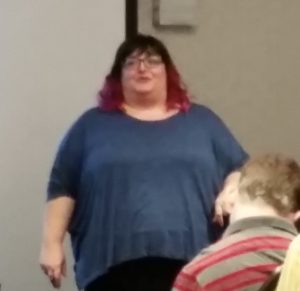
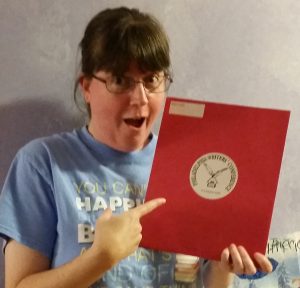
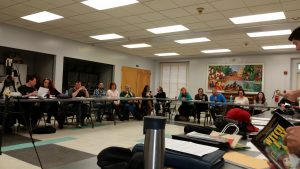
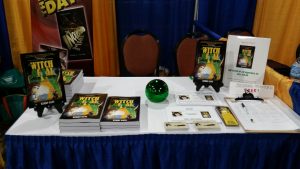
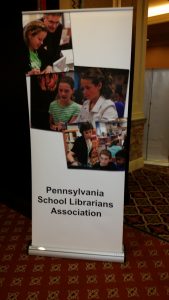
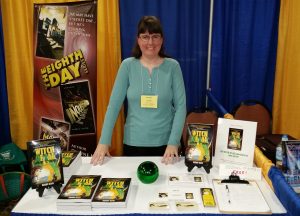
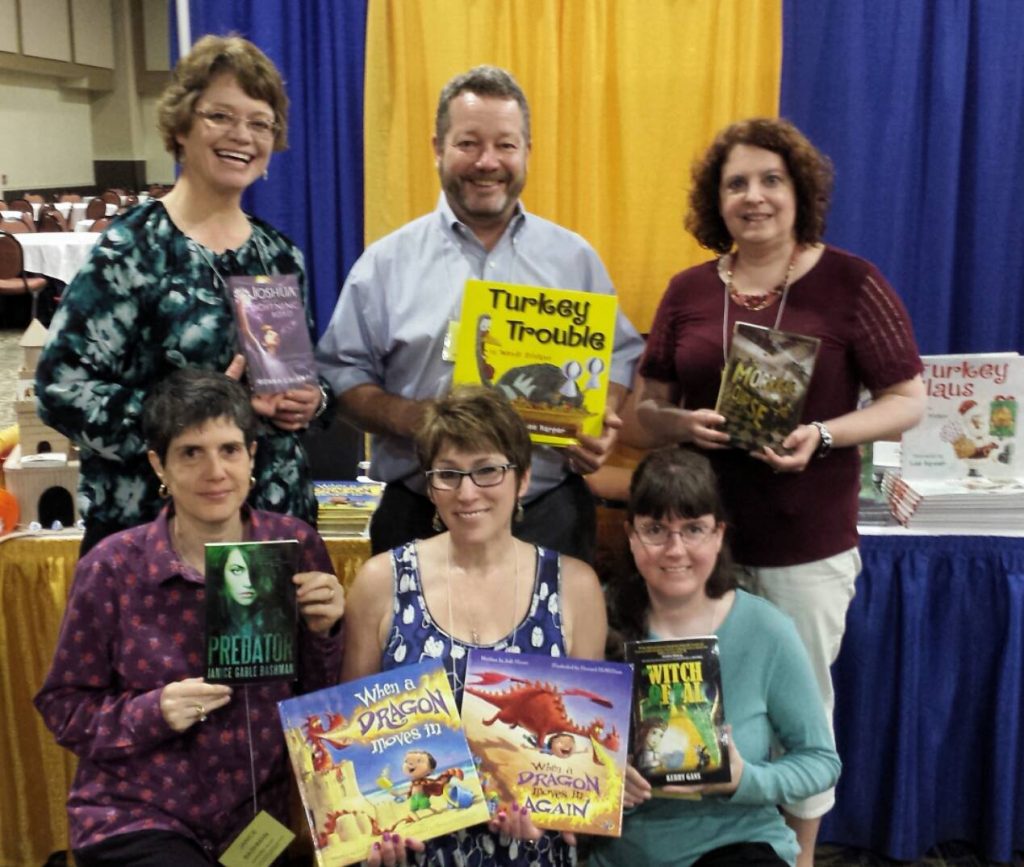
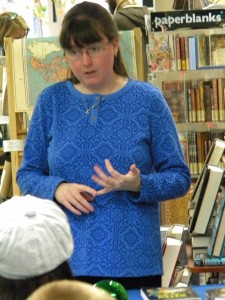
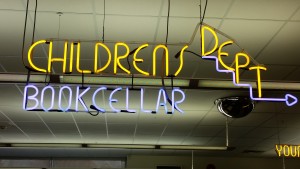

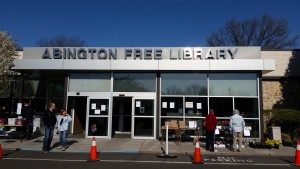
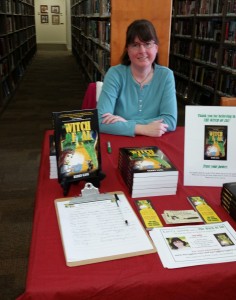
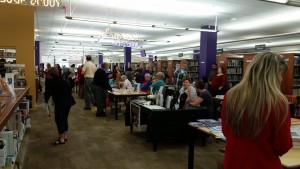
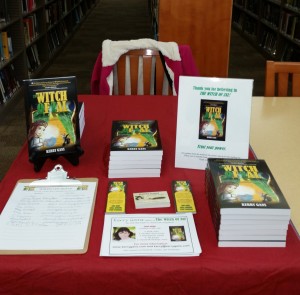
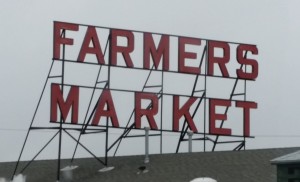
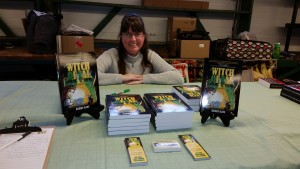
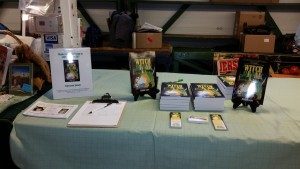
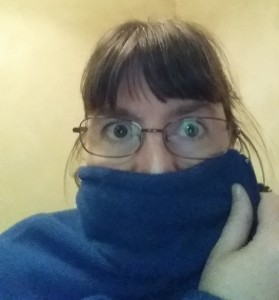
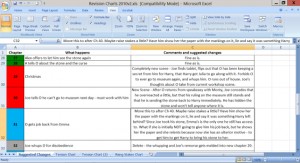

Learning From Teaching: 5 Lessons My Students Taught Me
I met the kids for an hour each time—some I only met once a week, some more than once. They came in 5 groups: 1st/2nd grade, 3rd, 4th, and 5th/6th/7th. Quite an age spread! I came prepared (but not as prepared as I thought I was), and tried to adapt my teaching on later days to compensate for the mistakes I made in the early classes.
I learned 5 things from teaching:
1. Always have more material than you think you’ll need.
Originally, I expected to see each group once per week, and had planned accordingly. I found out when I arrived that I was seeing some groups twice the first week AND then at least once the second week.
And even though I planned to have extra material the 2nd week, I STILL ran under time with the 3rd and 4th grades! The 4th grade I ran short because I underestimated how long it would take each group to share the stories they had written, and the 3rd because of a mistake I made that I will address later in this post.
2. Active kids are happy kids.
Although this was a workshop, it was also summer camp. I didn’t want it to be a school lecture. The first day I screwed that up with the 4th grade—many of them seemed disinterested, so I panicked and started lecturing rather than trying to engage them.
The second day that I met the 1st/2nd graders, I had them right before lunch. We reviewed what we had learned the first time we met, and then I let them go to writing their own stories. They had a blast, writing and drawing. But when the time came to share their stories, I couldn’t get them back. Their attention had gone. I had the kids who wanted to share come and tell me their stories, so that was all good, but I wondered what I could have done to engage the others. Their councilor said that they had been sitting all morning and really needed to move at that point.
3. There’s a fine line between being flexible and being overrun.
Since I was learning from teaching, I wanted to be flexible. I tried to engage the kids on their terms, to find out what their interests were. And I discovered that being flexible should come with limits.
The second week, when I had the 3rd grade for the 3rd time, I used all three of the activities I had planned, but still somehow ran short. Any one of those three activities could have been expanded, but I made the mistake of asking, “Do you want to do X? Y? Z?” To which they all replied “No.”
So we played Red Light, Green Light for the last 15 minutes of class.
I realize now that I should have phrased it as “Which do you want to do—X, Y, or Z?”, thereby eliminating the possibility of them saying “No.” Or I should have chosen myself.
When the next group came in, I didn’t make that mistake again. I also did one extra round of each activity to start with because I knew I would need to.
4. Kids will surprise you.
I admit, I had the most trouble with the 4th grade. The first day I had them I freaked out when they weren’t all enthralled. I may have had similar troubles with the 5th/6th/7th grade if I hadn’t been learning from teaching. Because of the disinterest of some of the 4th graders, I planned a different activity using the same material for the middle grade kids—and it worked much better.
Another moment that surprised me was when I did Wiggle Words with the 1st/2nd graders. Wiggle Words involves me reading a book, and the kids doing different movements when we encountered an element of story we talked about (character, goal, obstacle, setting). The 3rd graders had participated as expected but the little ones…well, they all wanted to see the pictures in the book, so I ended up surrounded by them and running doing all the movements with them to keep them moving!
5. Be humble, learn from your mistakes.
Overall, I had a great experience with the kids. They taught me probably as much as I taught them. I learned to come over-prepared, to be flexible within reason, to keep the kids active and social, and to stay open to what the kids will show me. And, after being chided by three separate children (including tears from one) upon hearing that I only had pencils to draw with, I learned perhaps the most important lesson of all…
Always bring crayons.
How about you? Any tips for teaching and engaging kids you can share?
Save
Save
Save
Save
Save
Save